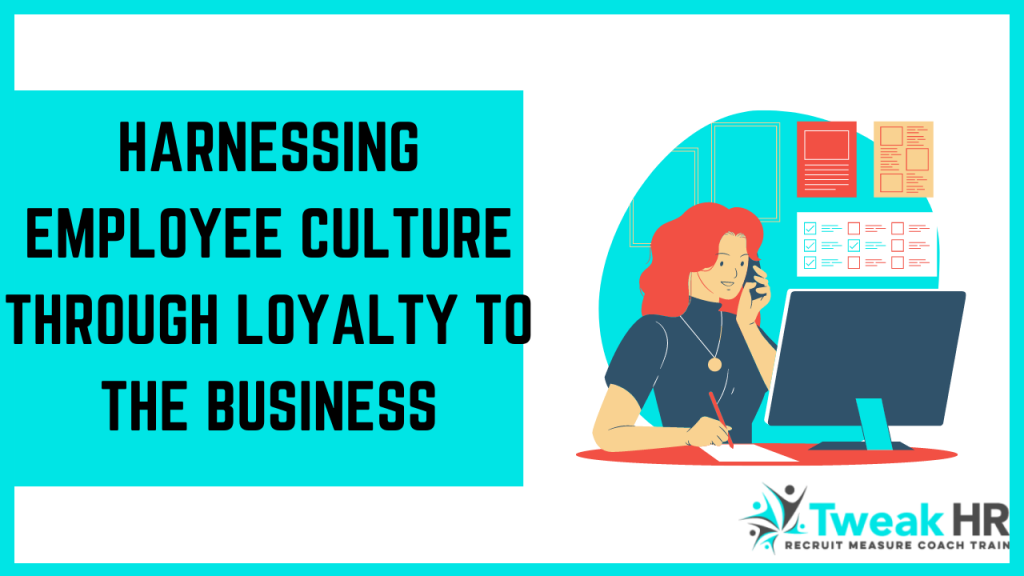When employees are loyal to the business, their focus is on delivering on customer expectations every time, as any failure directly affects the business.
Loyal employees will usually go that extra step to achieve the required outcomes and are usually also looking to learn and improve processes and outcomes over time, to avoid repeating mistakes or setbacks. As their focus is on the business, they are rarely self-interested or self-focused.
Loyal employees expect similar loyalty from managers and business owners, so they need to be kept informed and aware of business direction and decisions, as well as understanding the ‘why’ behind these decisions.
When roles are expanded to capitalise on the experience, performance and loyalty of any employee, the best way to maintain that loyalty is to recognise the role expansion or promotion, and ensure the changes flow through to remuneration changes.
Younger generations are sometimes considered less loyal than previous generations of employees. However, our research indicates that all generations have some similar and different needs, and if these needs are not met by a business, employees will move on to one which does meet their needs. Find out more about inter-generational differences by Unlocking the Generational Code.
Employees these days are focused on joining a business where the purpose of the business aligns with their own beliefs or views, so business owners need to be clearer around both the purpose, vision and ethics of their business and ensure that they demonstrate their own alignment with the articulated values and purpose.
HR Coach’s Australasian research shows that there are significant gaps between high and low performing businesses in the following specific area:
- Loyalty to the Business (Low Performing 71% v High Performing 82%)
This most recent research shows that 5 key anchoring measures separate the employee culture of high performing businesses from other businesses in the market. Here are the keys to improve or demonstrate an employee culture consistent with high performing businesses.
Businesses need to meet the needs of employees, and flexibility around work location and hours, trust and appropriate training and development feature frequently in terms of what employees are seeking. Engagement and alignment are also core to ensuring that employees have a high level of loyalty. Engagement and alignment can be measured using the STAR Workplace assessment process. If employee remuneration does not reflect job impact or performance, you may need to consider implementing job evaluation and/or salary survey data processes and correct any clear anomalies.
STAR Workplace Program – Everything You Need To Know in 2021
